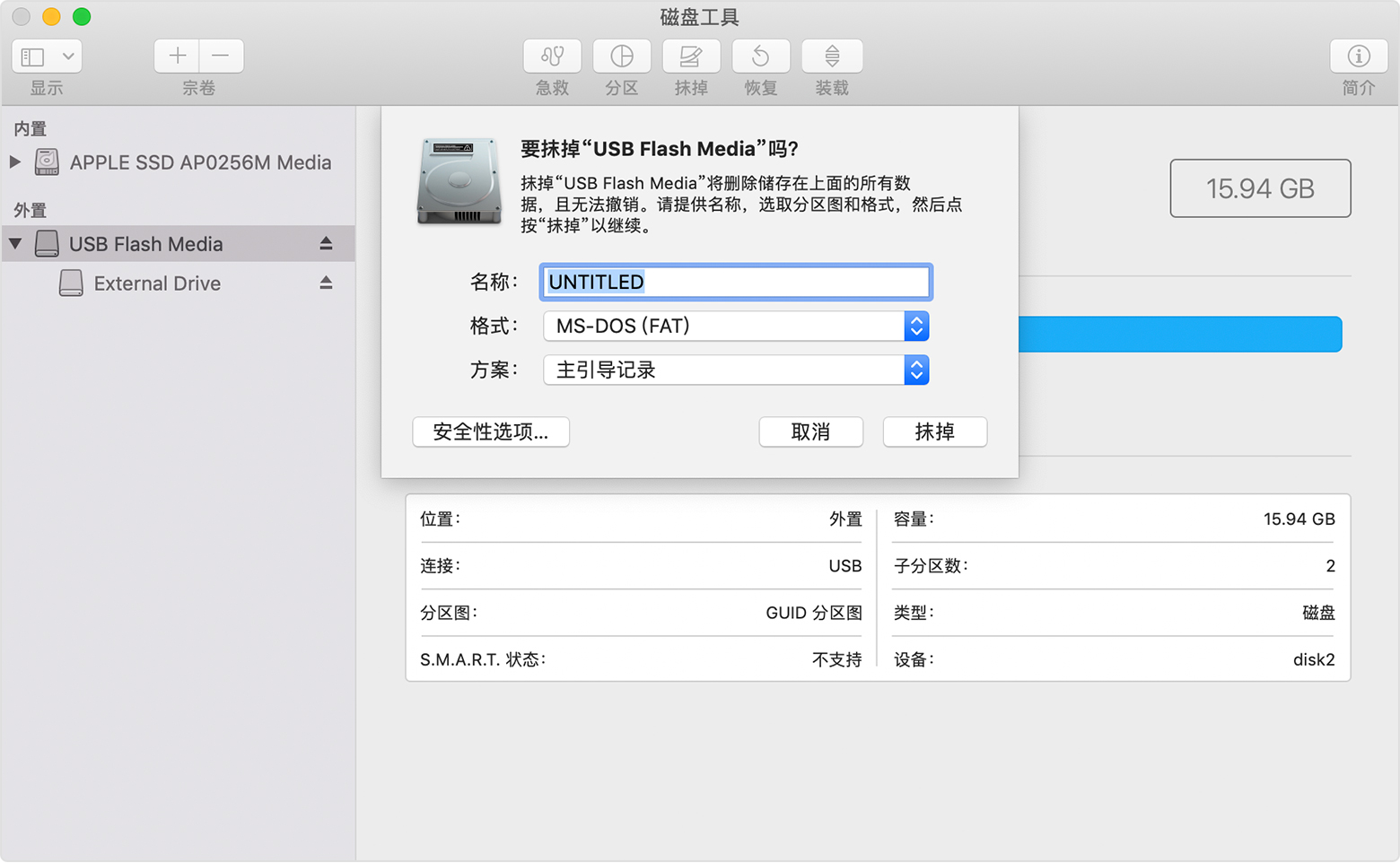
Log out of iCloud (in the Apple menu > System Preferences > iCloud), if prompted you can delete the local data, since you have all of this in iCloud already. You only need to do it for Music or Apple TV, not both. Instructions are the same for the Music app in macOS Catalina. This isn’t strictly necessary but it will remove one of your five allowed iTunes authorizations and will remove the computer from your iCloud account. You can view my reference chart to see what version of macOS you can run, and where to get each version. If you’re planning to simply recycle the computer it doesn’t matter so you can skip this. It’s better to do an upgrade and then erase rather than an erase and then upgrade. If the computer is going to be reused or sold, you probably want to upgrade the software to the latest supported OS if it isn’t already. When we are done the only thing left will be a squeaky clean computer as good as from the factory. Many of these things are saved to iCloud but not necessarily. Photos, contacts, documents, application installers, etc. If you have anything on this Mac that you want to keep you’ll want to back it up. These steps will completely and irrecoverably erase everything on your Mac. You can find that in the Apple menu > About This Mac. Take note of what system version you are running, as some of these instructions will vary depending on the version. If you are buying a used Mac, none of the previous owner’s configuration will mess things up. If you are selling or recycling your Mac, none of your personal information remains. #Mac utility erase slow how to#
Here is how to properly erase a Macintosh, ensuring that:

:max_bytes(150000):strip_icc()/DiskUtilityErase-56a5d5315f9b58b7d0dea168.jpg)

Or worse yet a malicious security threat or connections to their old account. Sellers sometimes just delete their documents, leaving poorly configured and obsolete apps lying around. Updated December 2, 2020: added information for new Macs with Apple processors.Īll too often I’ve seen people buy a used Mac only to find that the seller did not properly erase the Mac first.



:max_bytes(150000):strip_icc()/DiskUtilityErase-56a5d5315f9b58b7d0dea168.jpg)



 0 kommentar(er)
0 kommentar(er)
